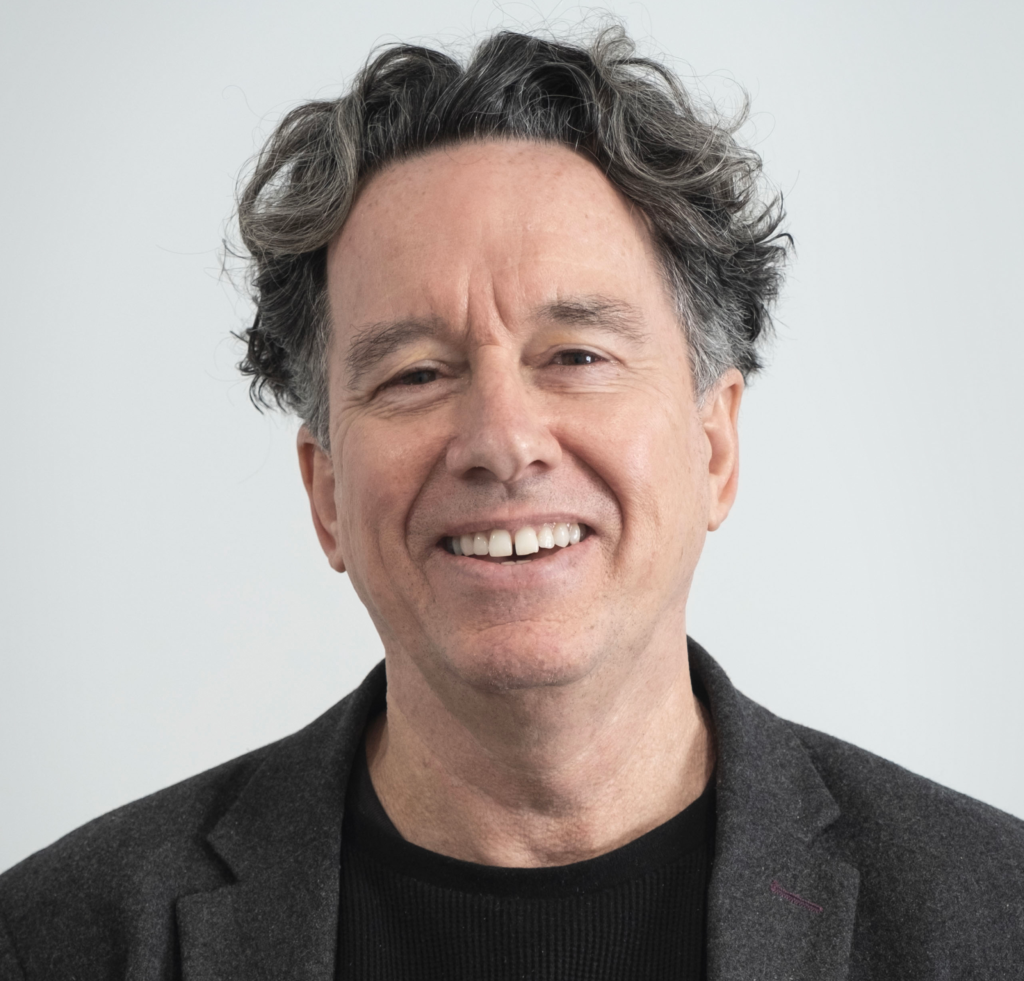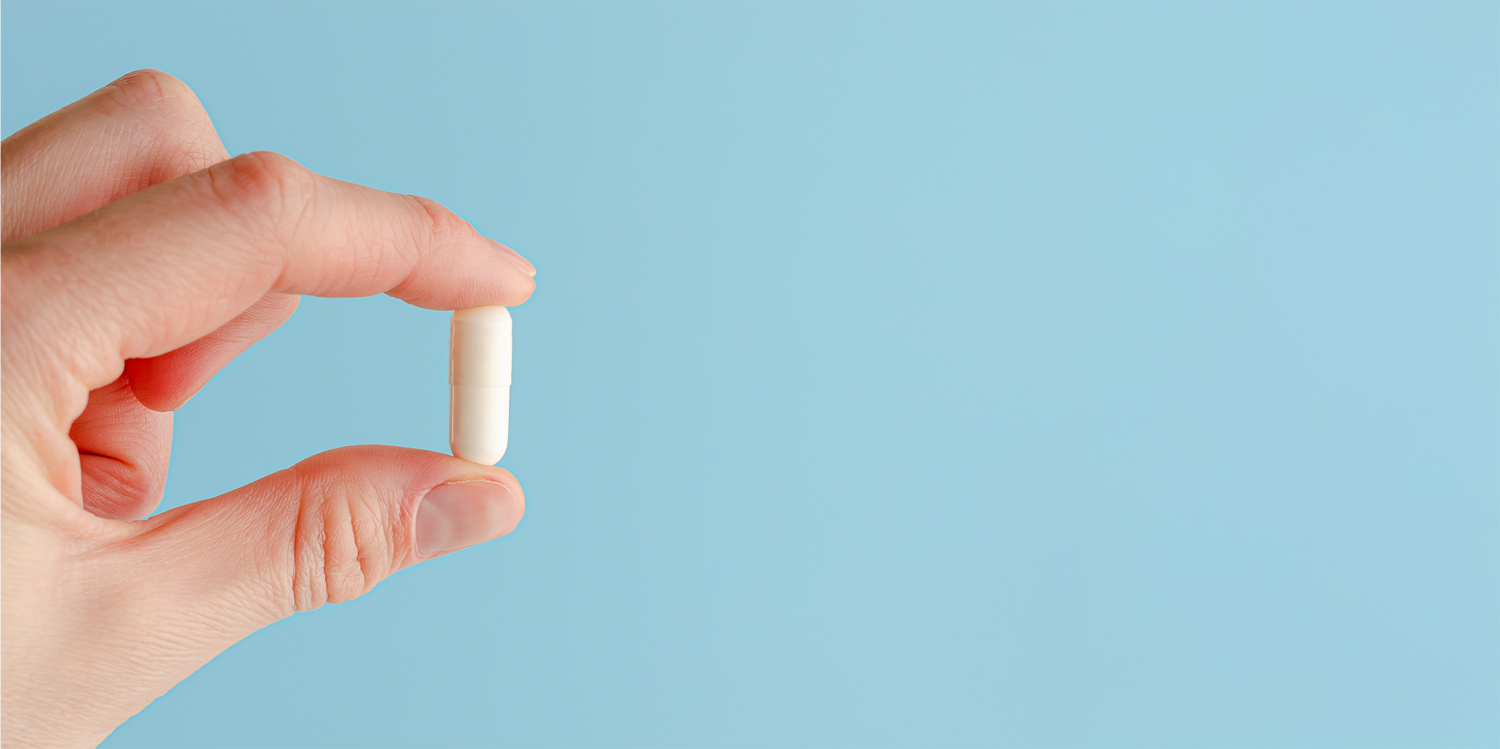With work on the first clinical practice guidelines for the appropriate use of MDMA to treat post-traumatic stress disorder underway, Medical Forum has spoken to a psychiatrist about how such treatment has progressed at his Perth clinic.
Two years on from authorised psychiatrists in Australia being given the greenlight to prescribe MDMA for patients with PTSD, work is underway on clinical guidelines for its appropriate use beyond current arrangements.
Co‑founder of Empax Centre Consultant Psychiatrist Jonathan Laugharne said his clinic had treated 28 patients using MDMA-assisted psychotherapy.
He said while standard treatments for PTSD, such as psychotherapy and medication, have about a 60% success rate “at best”, about 30-40% of patients are considered treatment resistant. It is those people who his clinic considers for treatment using MDMA.
“Really, they’re the toughest group, and we’re seeing substantial improvements,” Dr Laugharne said.
He said about 50% of patients who had taken part in the MDMA therapy no longer met the criteria for PTSD treatment after completing the program.
“That’s quite remarkable,” he said.
RELATED: MDMA-assisted therapy for PTSD
Dr Laugharne explained that level of improvement in PTSD symptoms was not the general outcome when using other medication in combination with therapy.
While the use of the drug in Australia for any purpose had previously been illegal, its rescheduling by the Therapeutic Goods Administration (TGA) in 2023 from a Schedule 9 prohibited substance to a Schedule 8 controlled substance allowed authorised prescribers to administer the drug for the treatment of PTSD.
At the same time that change was also made for psilocybin, a chemical found in certain mushrooms, so it could be used for treatment-resistant depression outside of clinical trials.

Dr Laugharne said that patients generally spent the whole day at the clinic when they took the MDMA, with therapy sessions held following the administration of the medication.
He said the brain’s increased neuroplasticity as a result of the administration of MDMA had assisted many patients to make quick progress in their therapy.
“It seems to make the brain neuroplastic in a way that’s really helpful for therapy to land,” Dr Laugharne said.
“You see a lot of progress with therapy because the person is much more open to ideas and conceiving things and taking in new perspectives.
“We’ve had patients come through who have done a lot of regular therapy with us over several years and they do this drug assisted therapy and just make so much progress so quickly compared to having previously been very stuck.”
RELATED: MDMA approved for clinical use
Dr Laugharne said while neuroplasticity of the brain would not be a long-term effect of the MDMA, the progress made in the window in which it lasted provided a springboard for continued improvement following the medication assisted treatment.
He said a very controlled and supportive environment was put in place for the administration of the drug, which took place following a number of sessions.
While use of illegal, unregulated MDMA may at times be associated with antisocial behaviour, Dr Laugharne said the preparation leading up to administration, the setting involved, and the fact that the MDMA was clinical grade, were all contributing factors to how the treatment was received.
“Using street MDMA or ecstasy, people are at risk of contaminants affecting them negatively,” he said.
“This drug used as part of treatment works differently from if you’re taking it at a nightclub with lots of loud music stimulation and maybe alcohol on top of it. It’s a very different experience.”
Dr Laugharne said blood pressure and temperature were measured at the start of the day, before a second supplementary dose, and at the end of the day to ensure safety.
“The psychiatrist has to walk with them and check their vital signs. They have to go home with a trusted person, they can’t drive for 48 hours, and that trusted person has to stay with them overnight,” he said.
“So there’s quite a lot involved in terms of structure around ensuring the safety of the patient.”
The treatment can cost patients about $25,000 to $30,000. It’s not the medication itself that makes the treatment so expensive, but the hours of psychotherapy and support involved.
It generally consists of three dosing days of about seven or eight hours each, followed by another nine integration sessions.
Dr Laugharne said some patients seen at his clinic had shown improvements doing less dosing sessions and some required more.
“They have two clinicians with them all day on dosing days, the hours start to stack up, and that’s what the main part of the cost is,” Dr Laugharne said.
Private health insurance generally does not cover the treatment. Mind Medicine Australia created a support fund to assist patients to access the treatment, which a number of Empax Centre patients have used.
The clinical grade MDMA used in the psychotherapy process at Empax Centre is imported from Canada in capsule form, as it is not currently manufactured in Australia.
RELATED: WA’s first psychedelics clinic
A Monash University study of the safety and efficacy of MDMA treatment compared to psychotherapy alone will inform the new clinical practice guidelines in combination with the Grading of Recommendations, Assessment, Development, and Evaluations (GRADE) process.
The study, published in the Australian & New Zealand Journal of Psychiatry, assessed the current evidence regarding the safety and efficacy of MDMA-AP compared to psychotherapy alone among adults with PTSD.
It looked at 14 systematic reviews, of which four were considered high-quality.
Researchers found evidence of improvement in PTSD outcomes, however the evidence was considered to be of low to very-low certainty.
Monash Institute of Pharmaceutical Sciences Dr Alene Sze Jing Yong was lead author on the research.
“Overall, meta-analysis from the reviews reported benefits of MDMA-AP in improving PTSD symptoms, response rate and remission rate compared to psychotherapy alone after one-to-three sessions of MDMA-AP,” she said.
“However, for reviews that assessed the certainty of evidence pertaining to MDMA-AP efficacy, evidence that 80-125mg of MDMA-AP results in a reduction in PTSD scores when compared to psychotherapy with active or inactive placebo was rated as low to very-low certainty.
“This can be attributed to a number of factors, including small sample sizes in clinical trials, results only being able to be applied to a very narrow population and concerns of ‘unblinding’, whereby participants believe they know whether or not they have been administered MDMA.”
Dr Laugharne said his centre had treated one patient with treatment resistant depression using psilocybin so far.
Want more news, clinicals, features and guest columns delivered straight to you? Subscribe for free to WA’s only independent magazine for medical practitioners.
Want to submit an article? Email [email protected]


